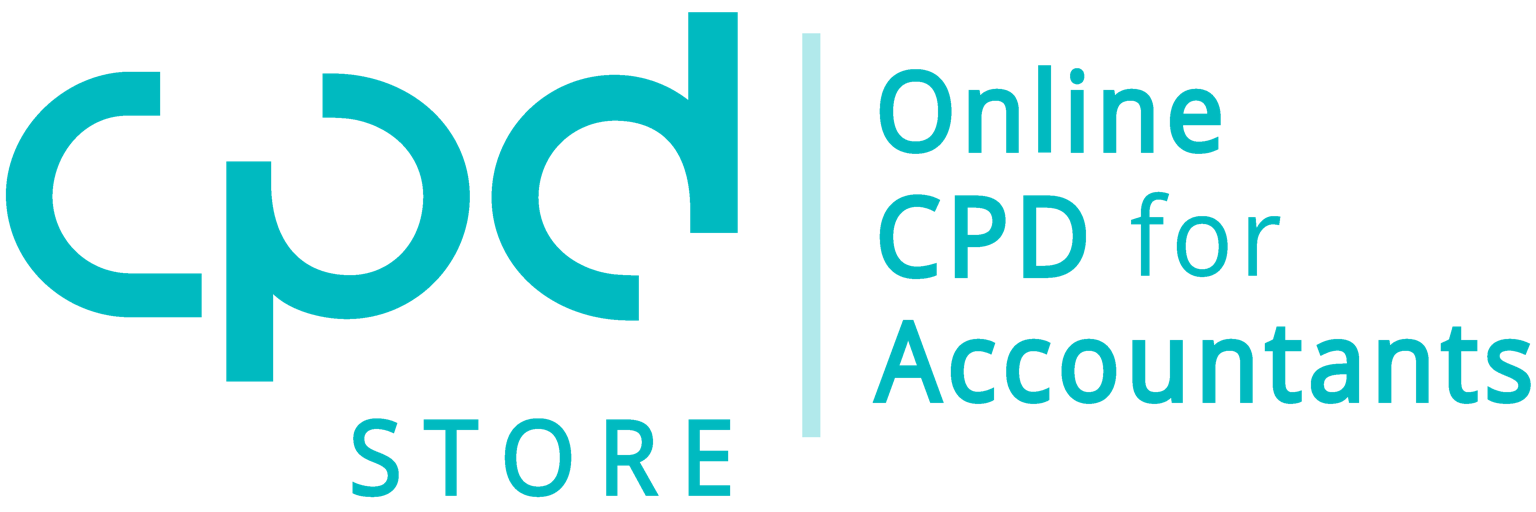Financial Reporting In-House Training
Financial Reporting In-House Training courses that is tailorable to your requirements
In Accounting for Related Party Transactions, Lindsay Webber went through the complexities of disclosing related party transactions, the requirements and the relevant definitions within the framework of FRS 102.
Ultimate controlling party
Relationships between a parent and its subsidiaries shall be disclosed irrespective of whether there have been related party transactions. An entity shall disclose the name of its parent and, if different, the ultimate controlling party. If neither the entity’s parent nor the ultimate controlling party produces financial statements available for public use, the name of the next most senior parent that does so (if any) shall also be disclosed.
Key management personnel compensation
Key management personnel are those persons having authority and responsibility for planning, directing and controlling the activities of the entity, directly or indirectly, including any director (whether executive or otherwise) of that entity. Compensation includes all employee benefits including those in the form of share-based payments. Employee benefits include all forms of consideration paid, payable or provided by the entity, or on behalf of the entity (e.g. by its parent or by a shareholder), in exchange for services rendered to the entity. It also includes such consideration paid on behalf of a parent of the entity in respect of goods or services provided to the entity.
When an entity is subject to a legal or regulatory requirement to disclose directors’ remuneration (or equivalent), it is exempt from the requirements of paragraph 33.7 if the key management personnel and directors are the same.
Directors’ remuneration
According to S305 of CA 2014: a company shall disclose the following amounts in relation to directors of the company:
a) Emoluments paid or payable to directors in respect of qualifying services
b) Gains by the directors on the exercise of share options
c) Amounts paid or payable under long term incentive schemes in respect of qualifying services
d) Contributions paid or payable to retirement benefit schemes in respect of qualifying services
e) Compensation paid or payable for loss of office or termination benefits.
As per S305 of CA 2014: a company shall disclose the following amounts in relation to past directors of the company:
a) Amounts paid or payable to retirement benefits
b) Compensation paid or payable for loss of office or termination benefits.
Importantly, in terms of S306 of CA 2014: The amounts to be shown for the purpose of section 305 in relation to a director shall include all amounts paid or payable to a person connected with a director (including spouse, civil partner, parent, sibling etc.) within the meaning of section 220.
In terms of 33.9, If an entity has related party transactions, it shall disclose the nature of the related party relationship as well as information about the transactions, outstanding balances and commitments necessary for an understanding of the potential effect of the relationship on the financial statements. At a minimum, disclosures shall include:
a) The amount of the transactions.
b) The amount of outstanding balances and:
i. their terms and conditions, including whether they are secured, and the nature of the consideration to be provided in settlement; and
ii. details of any guarantees given or received.
c) Provisions for uncollectible receivables related to the amount of outstanding balances.
d) The expense recognised during the period in respect of bad or doubtful debts due from related parties.
In 33.10 An entity shall make the disclosures required by paragraph 33.9
separately for each of the following categories:
a) entities with control, joint control or significant influence over the entity;
b) entities over which the entity has control, joint control or significant influence;
c) key management personnel of the entity or its parent (in the aggregate);
d) entities that provide key management personnel services to the entity; and
e) other related parties.
As per 33.13 An entity shall not state that related party transactions were made on terms equivalent to those that prevail in arm’s length transactions unless such terms can be substantiated.
In 33.14, it states that an entity may disclose items of a similar nature in the aggregate except when separate disclosure is necessary for an understanding of the effects of related party transactions on the financial statements of the entity.
For the full session, please click here. In the session, Lindsay Webber covers the following topics:
- Identifying related party transactions
- Measuring related party transactions
- Disclosing related party transactions
- Disclosure exemptions
- Related party transactions under FRS 105
The contents of this article are meant as a guide only and are not a substitute for professional advice. The author/s accept no responsibility for any action taken, or refrained from, as a result of the material contained in this document. Specific advice should be obtained before acting or refraining from acting, in connection with the matters dealt with in this article.




